For the past decade, boutiques have been changing every profession from lawyers and accountants through to engineers. And they’re certainly having an impact on recruitment.
They’re part of the move from the global to the local, from the generalist to the specialist, and from the army of hundreds to the crack team of a few.
Here’s what I’ve noticed about the rise of the boutiques.
In the beginning
When I started in recruitment, it seemed that big was best - in fact, if you wanted to be placing senior people in good organisations, the big recruiters were the best place to be.
Recruiters impressed clients with phrases like ‘global reach’. They boasted to them about the size of their networks and wowed them with the number of people they had working for them - even though it meant the people who ran the business were so far detached from the coalface they didn’t know a single candidate.
But it worked, kind of.
Clients were reassured by a brand, by a person with a ‘senior’ in it. Or at least they didn’t know any different. Then something major happened…
Let’s call it the GFC.
And that was just the tip of the iceberg
At the same time as the GFC hit, social media took off. LinkedIn began delivering millions of candidates right to clients’ doors, or to their screens.
A lot of corporate clients started to think: ‘we can do this ourselves,’ ... at least until it turned out there really was a lot of work and skill involved.
After all, a profile could only tell you so much - and sometimes it didn’t tell you anything at all. And there were so many profiles to sift through. And after reading through them you had to have interviews, as well as the ability to tease out the right information in the interview, and to read between the lines and know how they compared to others, and to make sure they were the right cultural fit, and… I won’t go on.
But the big recruiters weren’t always doing this part of it well. And clients began to notice.
They began noticing the sales calls and the cross-selling and the odd ‘dump and run’-style placement. They noticed that when a meeting was called or they were invited to an event, everyone came to the party - quite literally. They noticed that the left hand sometimes didn’t know what the right hand was doing. Recruiting became a game of Chinese whispers.
And they figured there had to be a better way.
What if….
The clients began thinking again.
What if they could cut out all the fat from recruitment and just get the valuable part of what recruiters did?
What if they had someone with lower overheads who could afford to do low volume in exchange for quality?
What if they didn’t have to pay for time-consuming internal meetings for a cast of thousands but instead got access to someone who spent their time getting out there and meeting everybody they needed to know?
What if they could deal with someone whose pay was determined not by the number of short-term clients they could place or arbitrary KPIs, but by the long-term rewarding partnerships they could forge?
What if they could get a true specialist who knew their business, their industry and the talent that was growing inside of it?
What if they had a boutique?
Get in touch if you’d like a discussion about the Australian HR Recruitment market.
Matthew Mayoh is a HR Recruitment specialist operating in the Sydney market.

